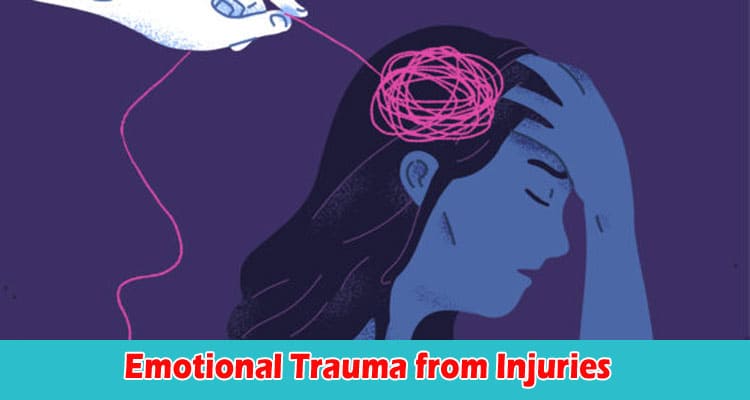Emotional trauma from injuries can have long-lasting effects on a person’s mental health and well-being. These “invisible wounds” are often overlooked or dismissed, despite their potential to significantly impact a person’s life. Studies have shown that emotional trauma can lead to a range of mental health issues, including anxiety, depression, and post-traumatic stress disorder (PTSD).
Despite the prevalence of emotional trauma from injuries, many people are hesitant to seek help. This may be due to a lack of understanding about the long-term effects of trauma, or a fear of being stigmatized for seeking mental health treatment.
Understanding Emotional Trauma
Emotional trauma can result from any event that causes intense fear, helplessness, or horror. It can be caused by a wide range of experiences, including car accidents, natural disasters, physical or sexual assault, and the sudden death of a loved one. Emotional trauma can be just as debilitating as physical injuries, and can have long-term effects on a person’s mental health and well-being.
Types of Emotional Injuries
There are several different types of emotional injuries that can result from trauma. These include:
- Post-Traumatic Stress Disorder (PTSD): This is a condition that can develop after a person experiences or witnesses a traumatic event. Symptoms can include flashbacks, nightmares, and severe anxiety.
- Depression: Trauma can cause a person to feel sad, hopeless, and helpless.
- Anxiety: Trauma can also cause a person to feel anxious and fearful.
Recognizing the Symptoms
It is important to recognize the symptoms of emotional trauma so that you can seek help if needed. Some common symptoms include:
- Intrusive thoughts or memories of the traumatic event
- Avoiding people, places, or things that remind you of the trauma
- Feeling numb or detached from others
- Difficulty sleeping or concentrating
- Irritability or anger
- Hypervigilance (always being on guard)
If you or a loved one has experienced emotional trauma, it is important to seek the help of a mental health professional. A personal injury lawyer may also be able to help you get the compensation you need to cover the cost of treatment and other expenses related to your injury.
Navigating the Healing Process
Seeking Professional Help
One of the most important steps in the healing process is seeking professional help. This can include therapy, counseling, or other forms of mental health support. A trained professional can help individuals process their emotions, develop coping strategies, and work through any lingering trauma.
It is important to find a therapist or counselor who specializes in trauma and has experience working with individuals who have experienced emotional trauma from injuries.
Legal Recourse and Compensation
In some cases, seeking legal recourse and compensation may also be an important part of the healing process. If the emotional trauma is a result of someone else’s negligence or wrongdoing, a personal injury lawyer may be able to help the individual seek compensation for their injuries.
A personal injury lawyer can help the individual understand their legal rights and options, negotiate with insurance companies, and represent them in court if necessary. This can help provide financial compensation for medical bills, lost wages, and other expenses related to the injury.







